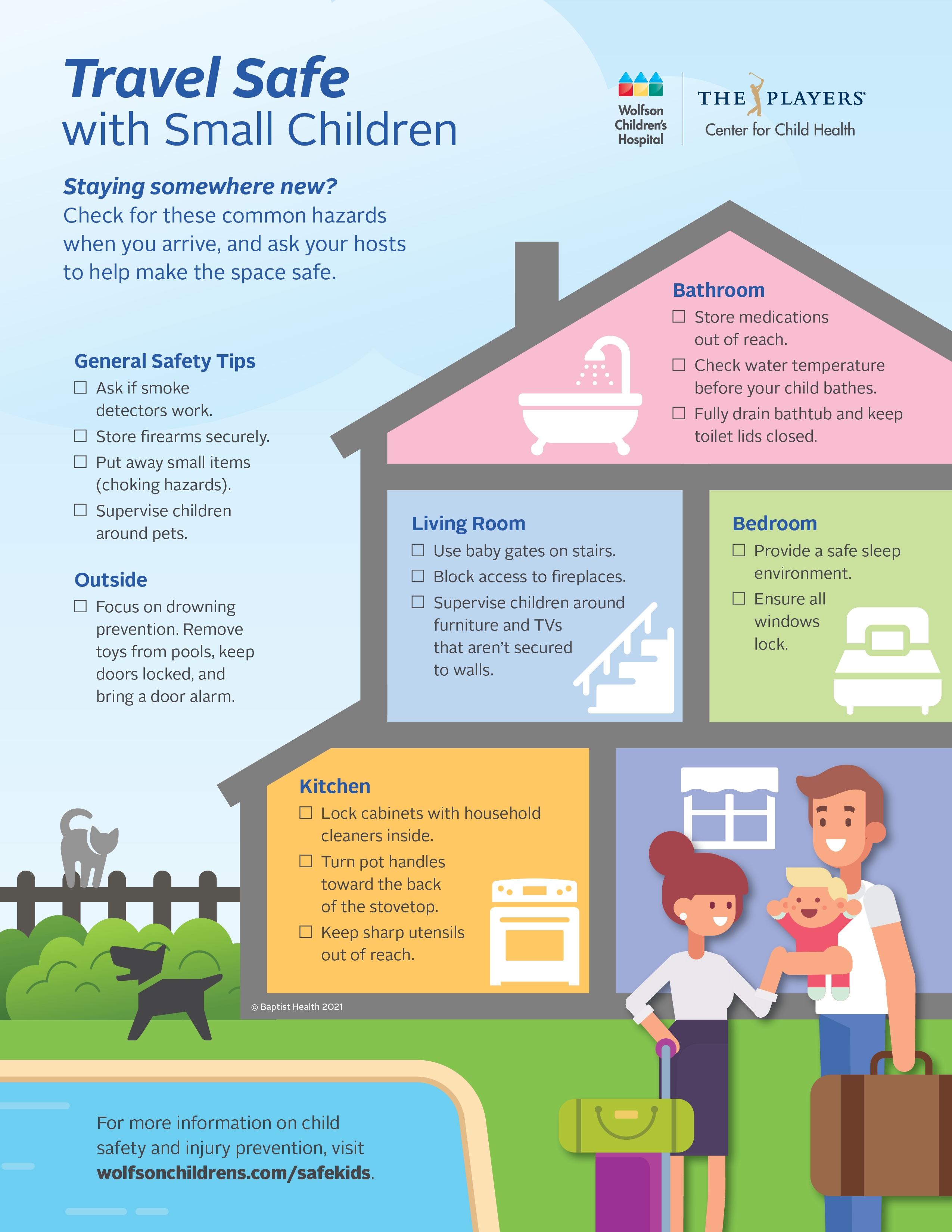The Sweet Life of Bettajelly
Exploring delicious recipes, fun food trends, and lifestyle tips that bring joy to your everyday.
Jet Lag Be Gone: Quick Fixes for Tired Travelers
Say goodbye to fatigue with our ultimate jet lag hacks! Recharge and feel refreshed in no time—perfect for tired travelers.
5 Essential Tips to Combat Jet Lag Effectively
Jet lag can be a significant barrier to enjoying your travels, but with a few proactive strategies, you can combat jet lag effectively. One essential tip is to adjust your sleep schedule before you leave. If you're traveling across time zones, try to sleep an hour earlier or later each night until your body aligns closer to your destination's time. Additionally, staying hydrated is crucial; the Mayo Clinic emphasizes that dehydration can worsen the symptoms of jet lag, so drink plenty of water before, during, and after your flight.
Another effective method is to embrace natural light. Once you arrive at your destination, spend time outside to help your body adjust to the new time zone. Sunlight exposure is a natural cue for regulating your circadian rhythm. As noted by Sleep Foundation, melatonin supplements can also assist in resetting your internal clock, but it’s best to consult with a healthcare provider before starting any supplementation. Lastly, consider practicing relaxation techniques, such as meditation or deep breathing, to alleviate stress and further improve your sleep quality during travel.

How to Reset Your Internal Clock After a Long Flight
After a long flight, adjusting your internal clock can be challenging, especially when crossing multiple time zones. To reset your internal clock, it's essential to start preparing before your journey. Consider gradually shifting your sleep schedule a few days prior to your departure. This technique, known as sleep phase advance, allows your body to adapt more easily to the new time zone. Once you arrive at your destination, follow these tips:
- Stay hydrated by drinking plenty of water throughout your flight.
- Avoid excessive caffeine and alcohol, as they can disrupt your sleep cycles.
- Get some sunlight upon arrival, since natural light helps regulate your body's internal clock.
Once you've arrived, implementing a few simple strategies can further assist in resetting your internal clock. Establish a sleep routine that aligns with the local time; try going to bed and waking up at the same times each day. Additionally, consider avoiding naps during the day, especially if you feel tired, to help your body adjust more quickly to the new schedule. If necessary, short naps of 20-30 minutes can be beneficial, but remember to limit them. By taking these steps, you can mitigate the effects of jet lag and enjoy your trip to the fullest.
What to Eat and Drink to Alleviate Jet Lag Symptoms
Jet lag can be a challenging experience, but making mindful choices about what you eat and drink can significantly help in alleviating its symptoms. Hydration is crucial, as dehydration can exacerbate feelings of fatigue and disorientation. Make sure to drink plenty of water before, during, and after your flight. Additionally, consider consuming foods rich in antioxidants such as berries, nuts, and green leafy vegetables, which can combat oxidative stress caused by long-distance travel. Foods containing complex carbohydrates, like whole grains, can also aid in restoring your body’s energy balance.
When it comes to beverages, opting for herbal teas, especially chamomile or peppermint, can promote relaxation and help you unwind after a long flight. Avoid alcohol and excessive caffeine, as they can interfere with sleep quality and make jet lag symptoms worse. Instead, consider drinking tart cherry juice, which has been shown to increase melatonin levels, possibly improving sleep quality. For more nutrition tips, you can check out this WebMD article that offers insights on dietary choices to help reduce jet lag effects.